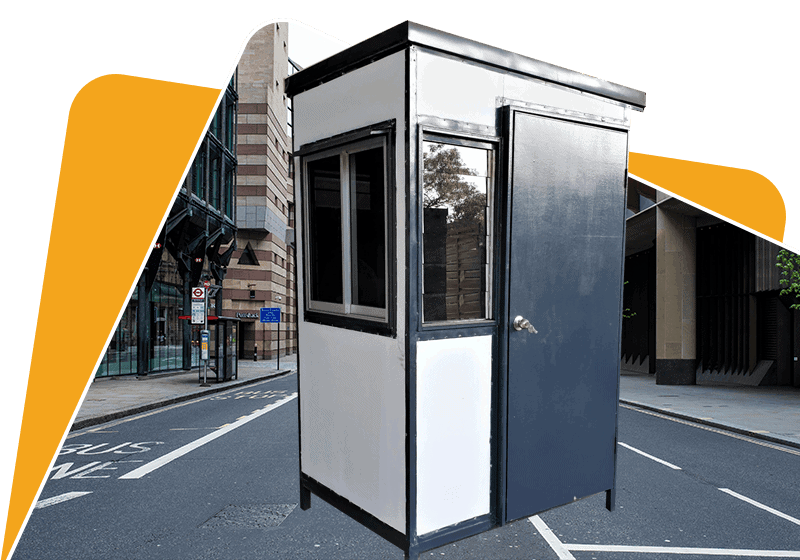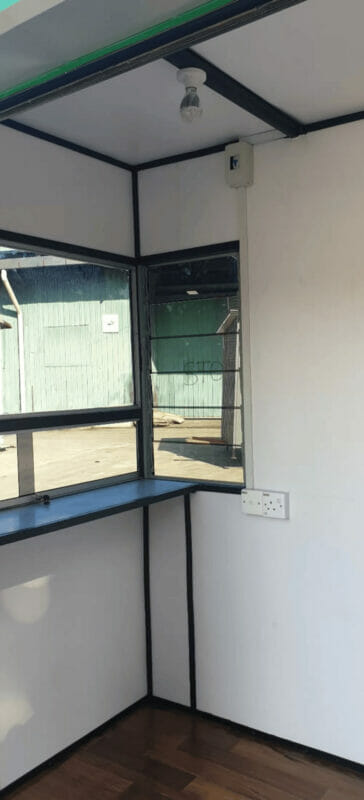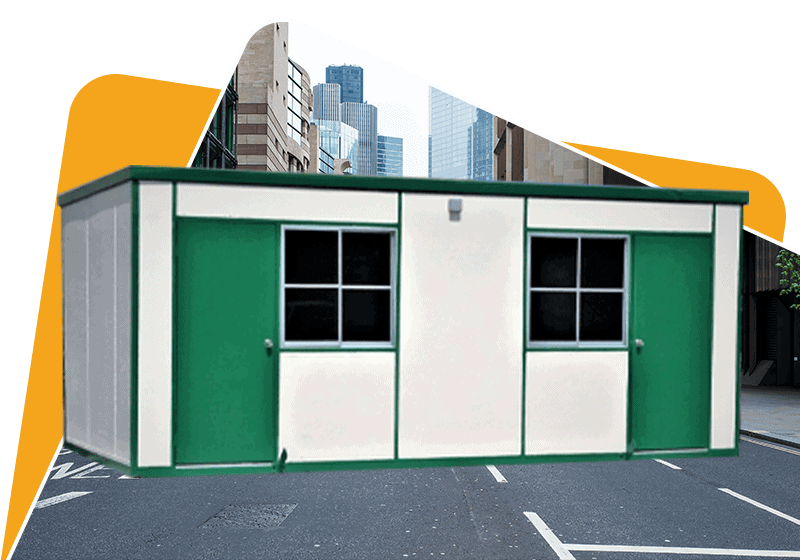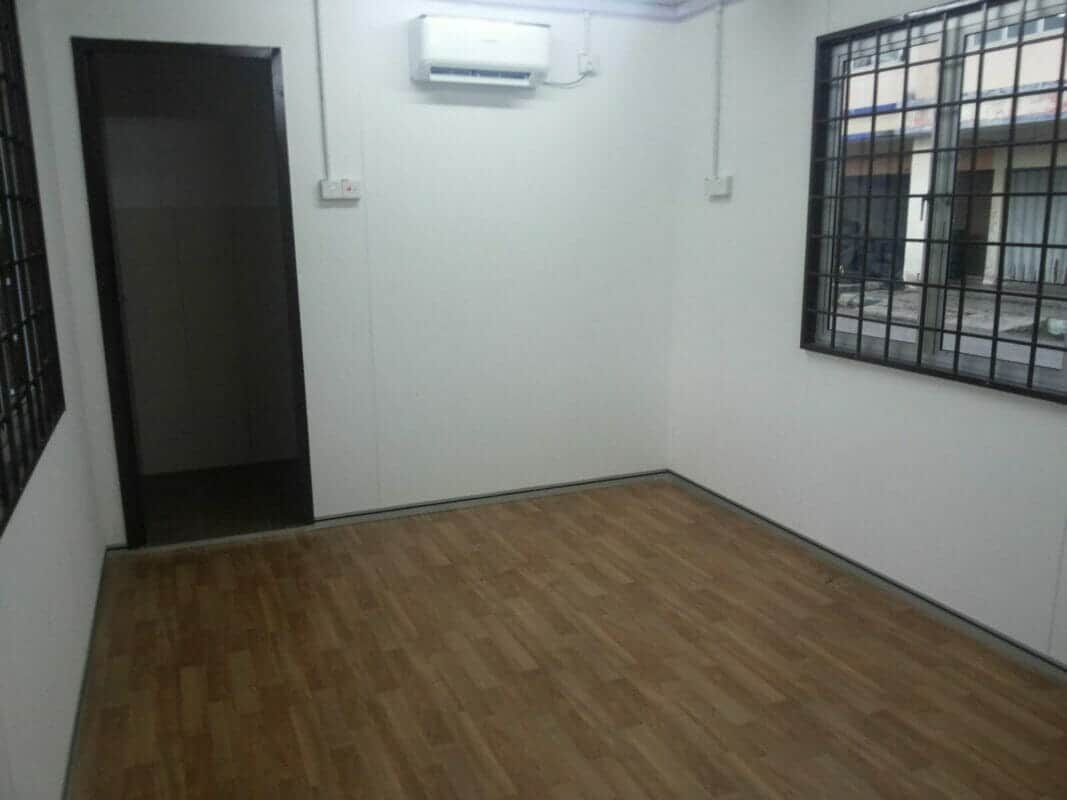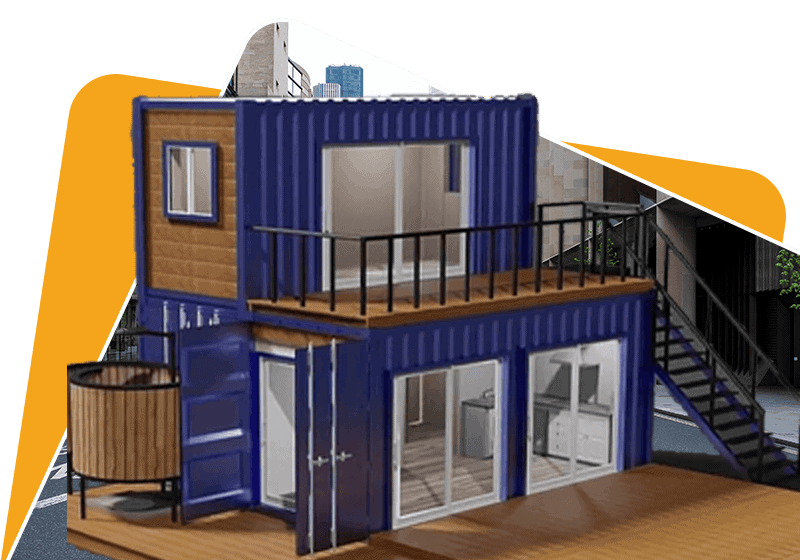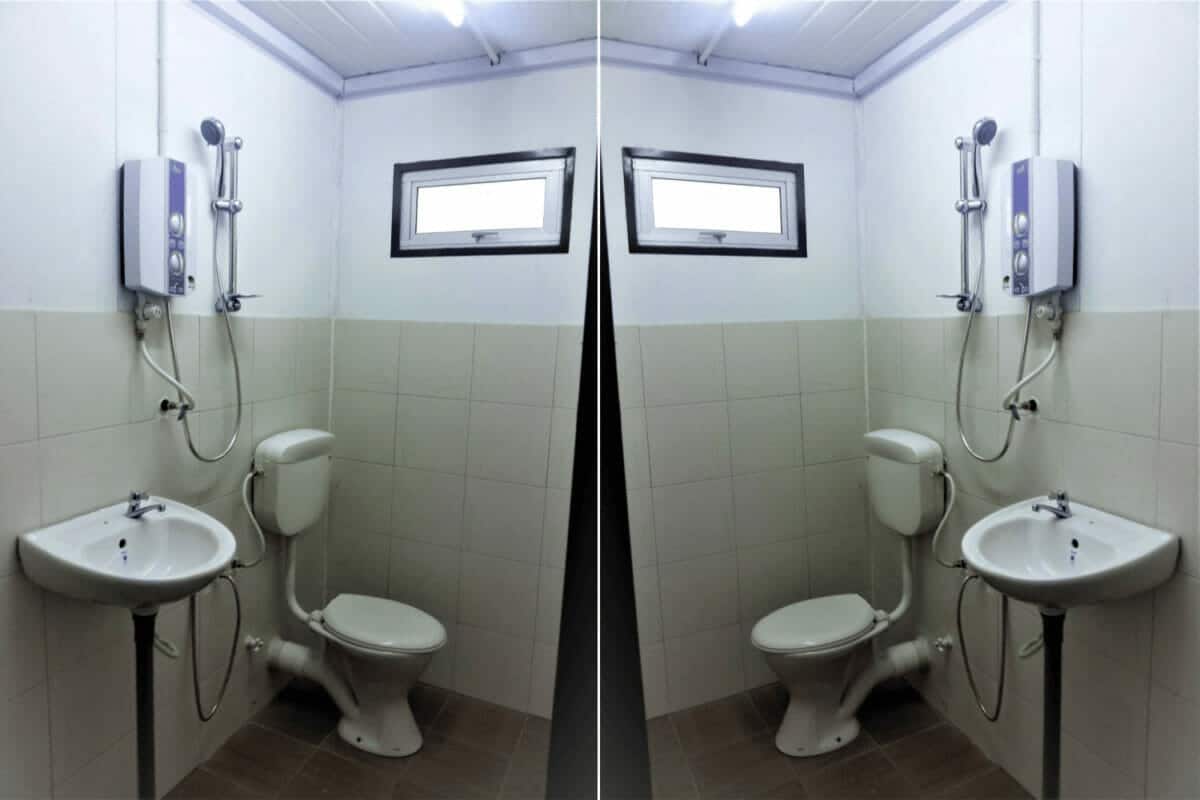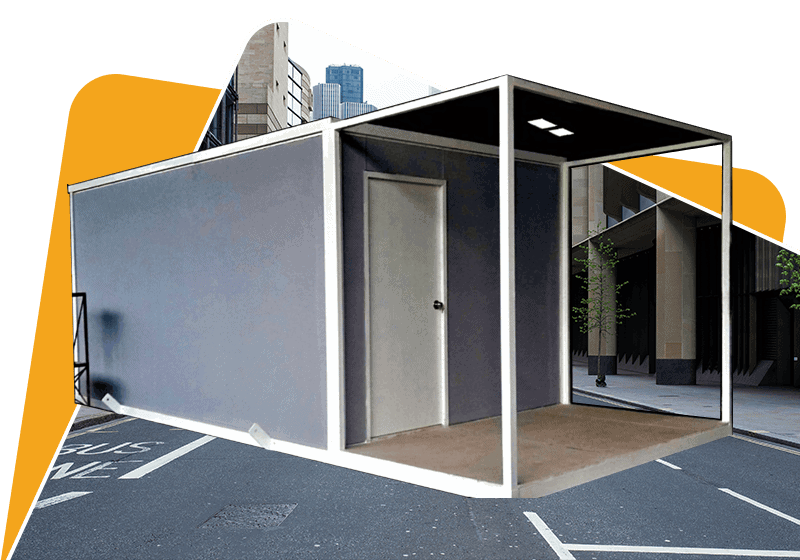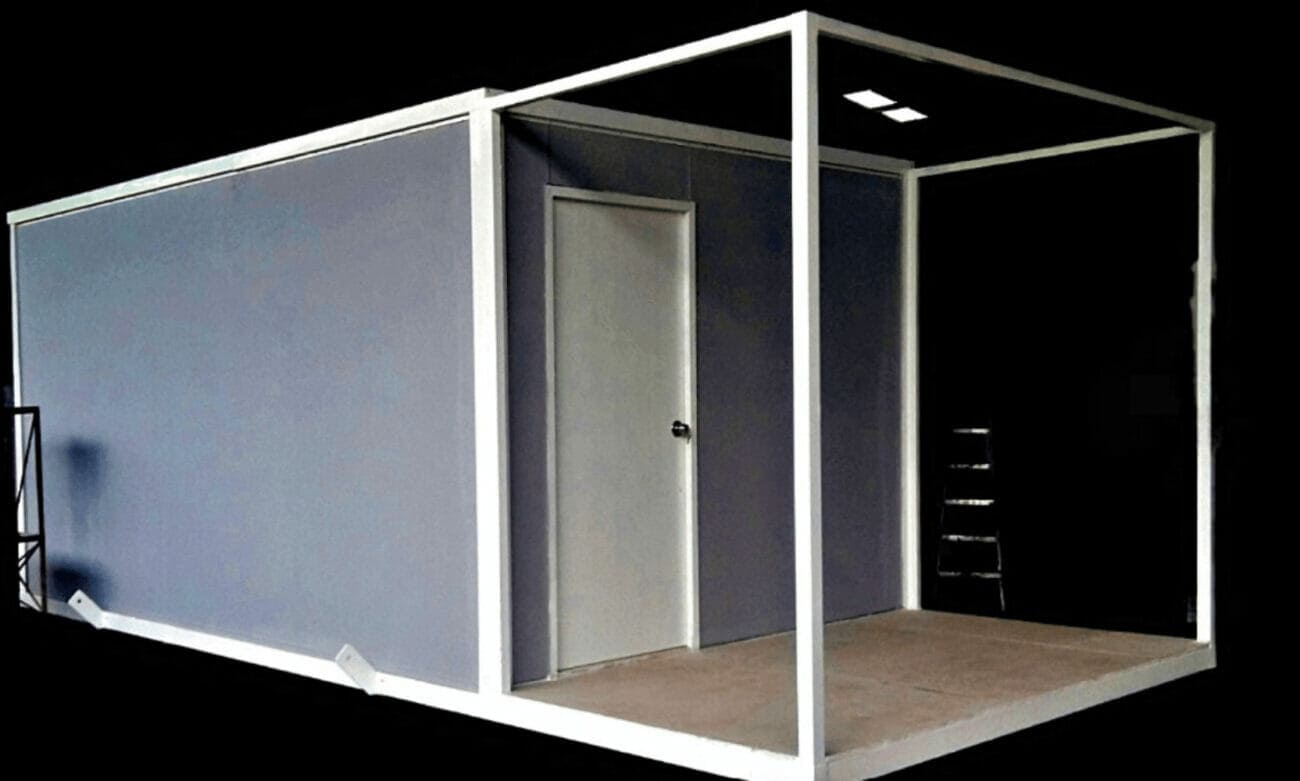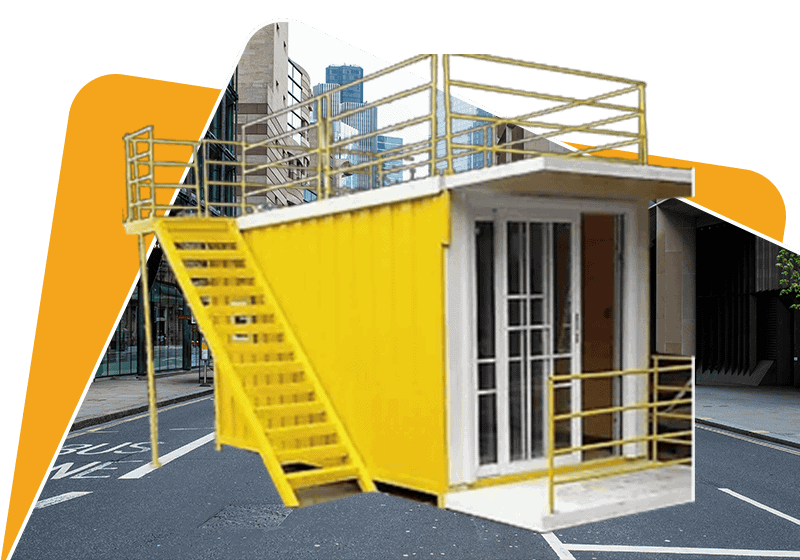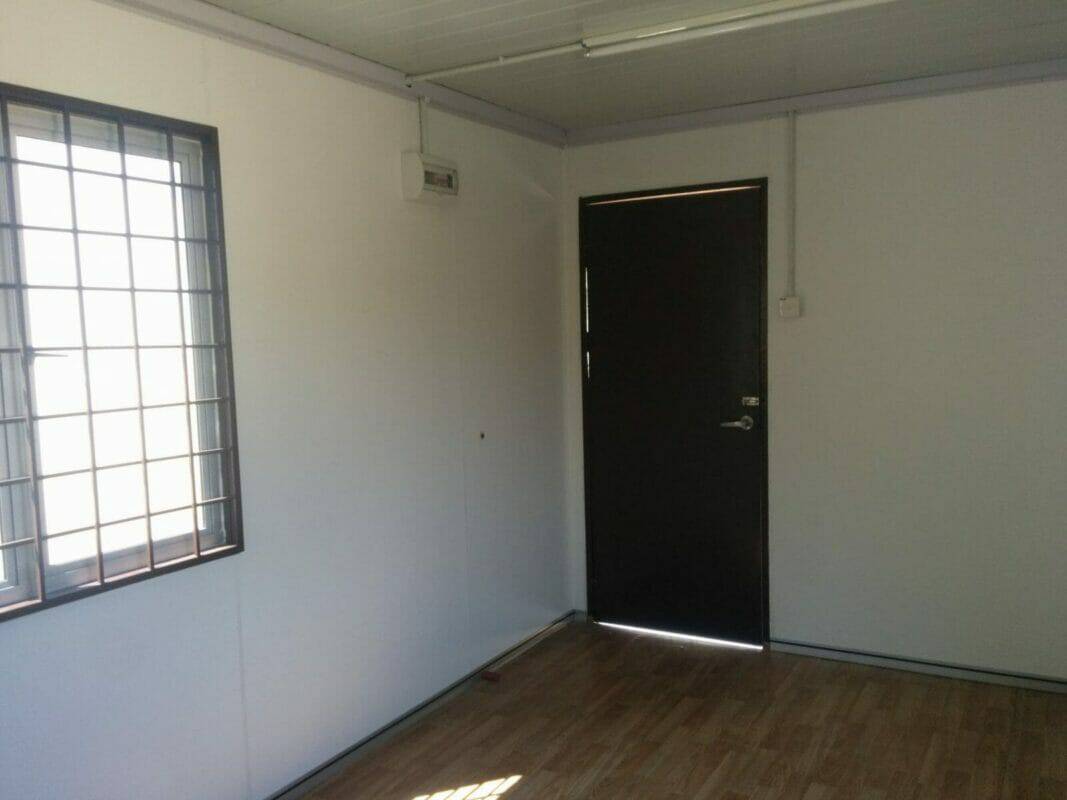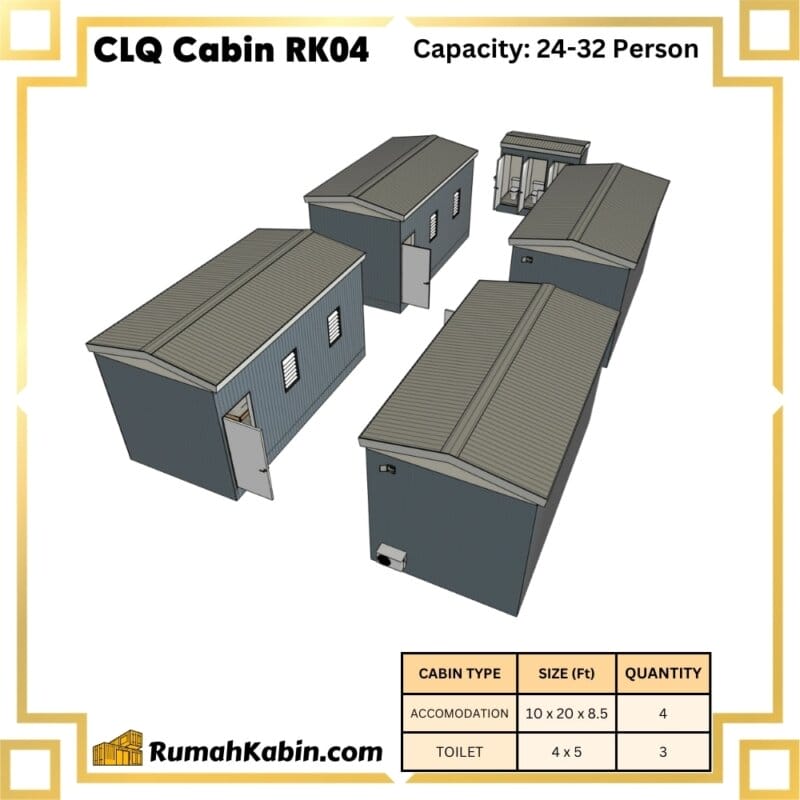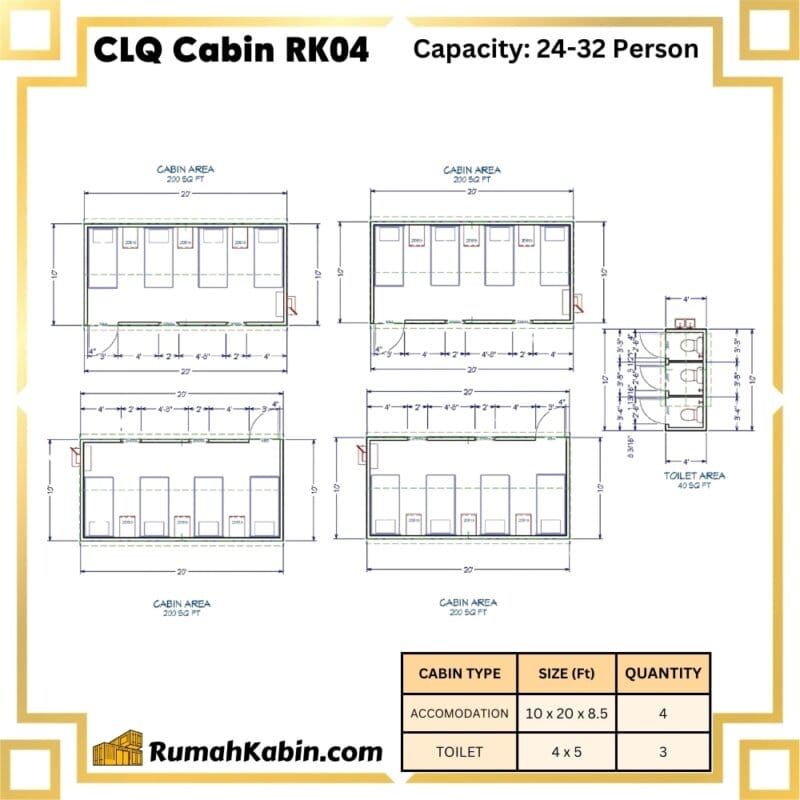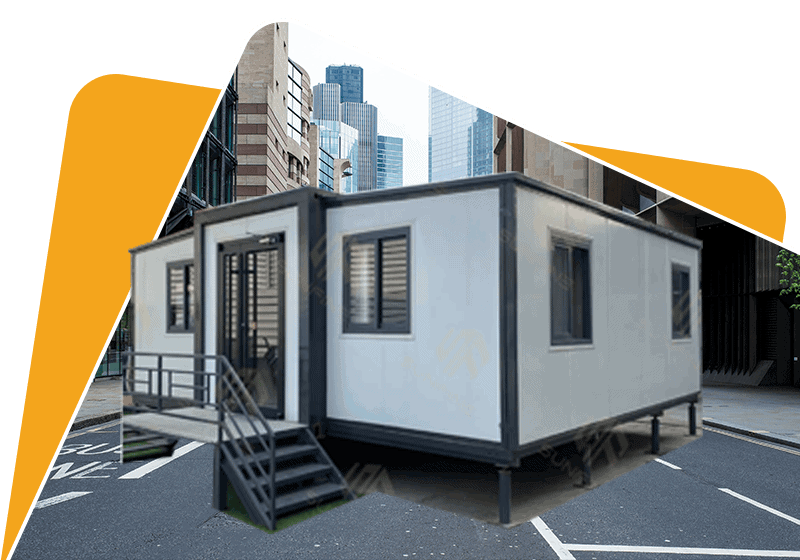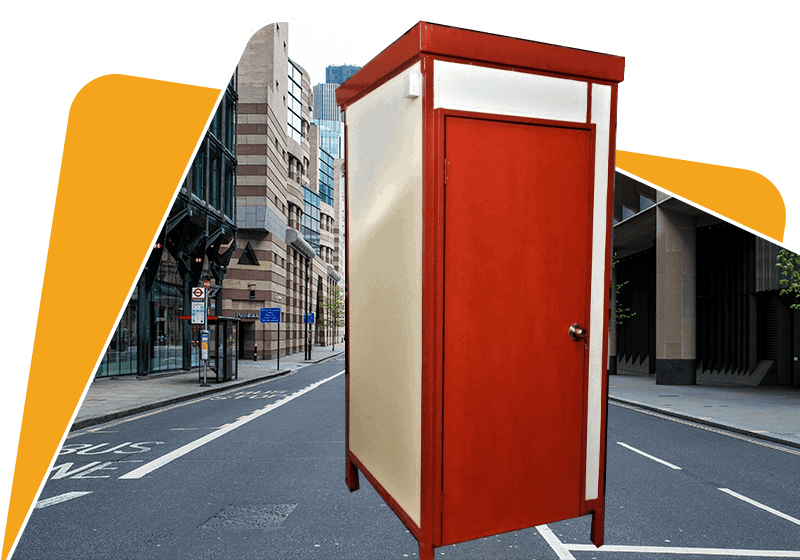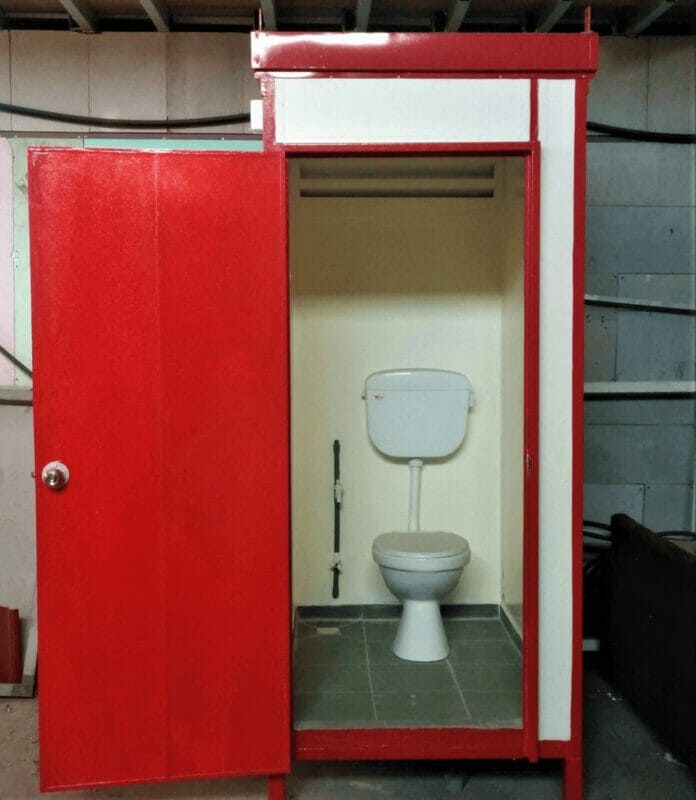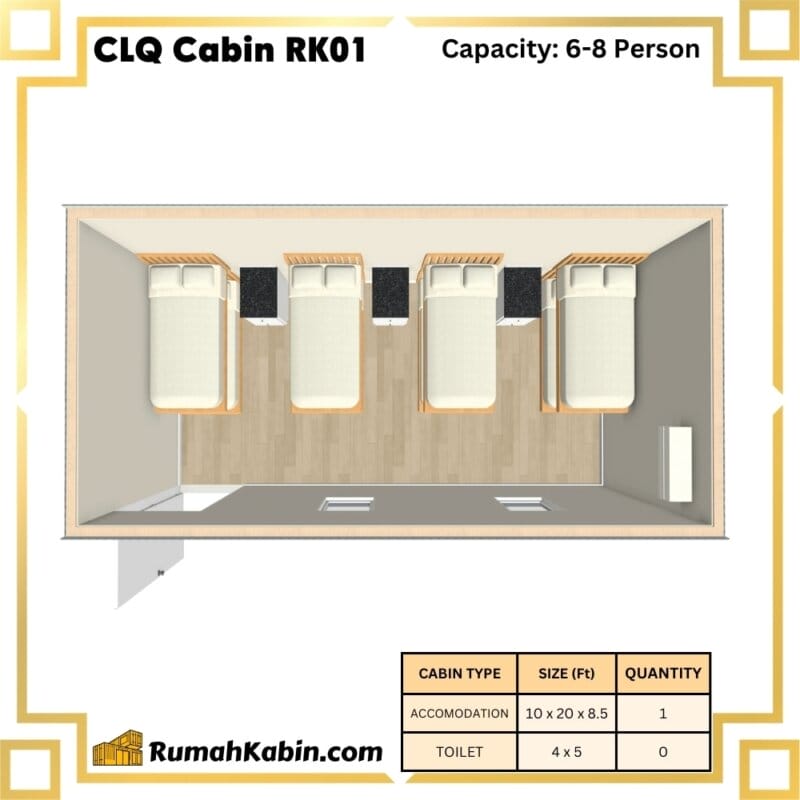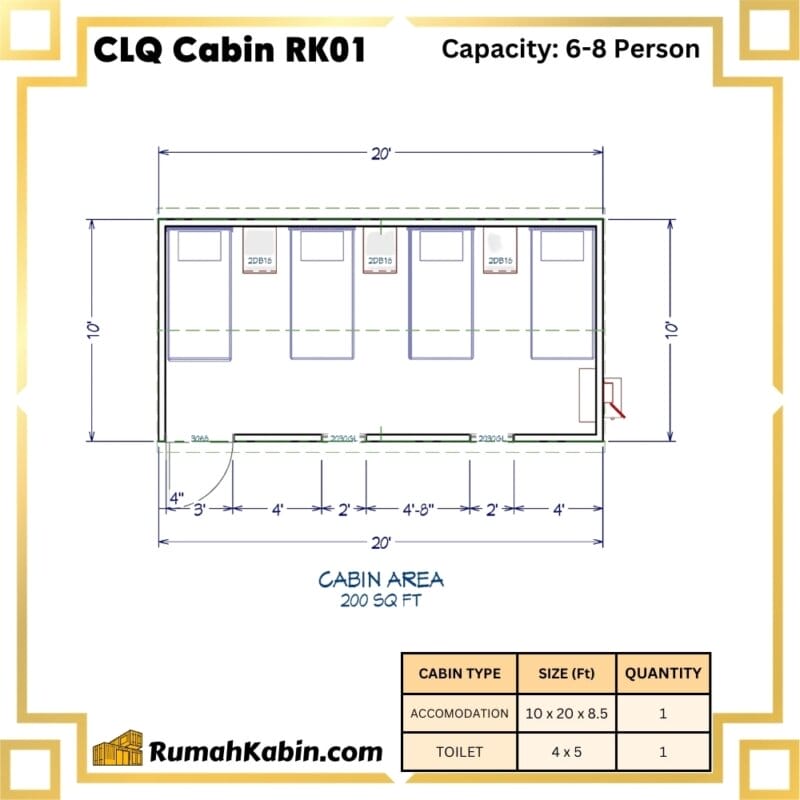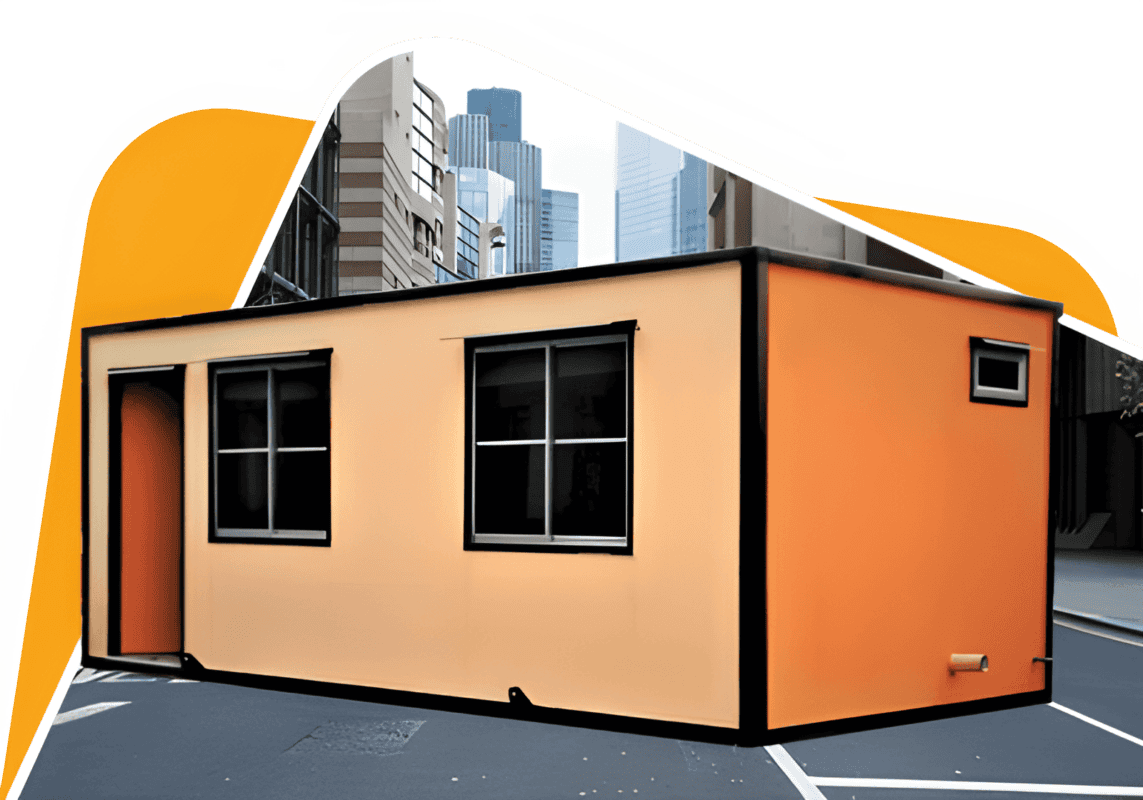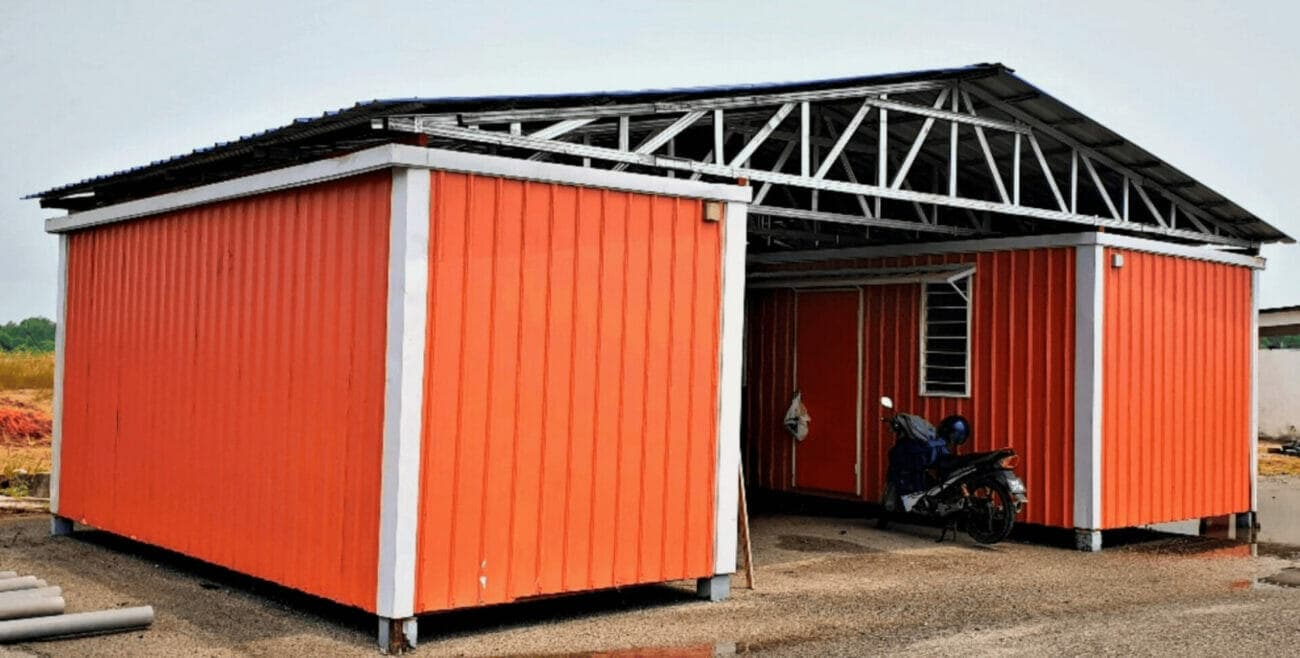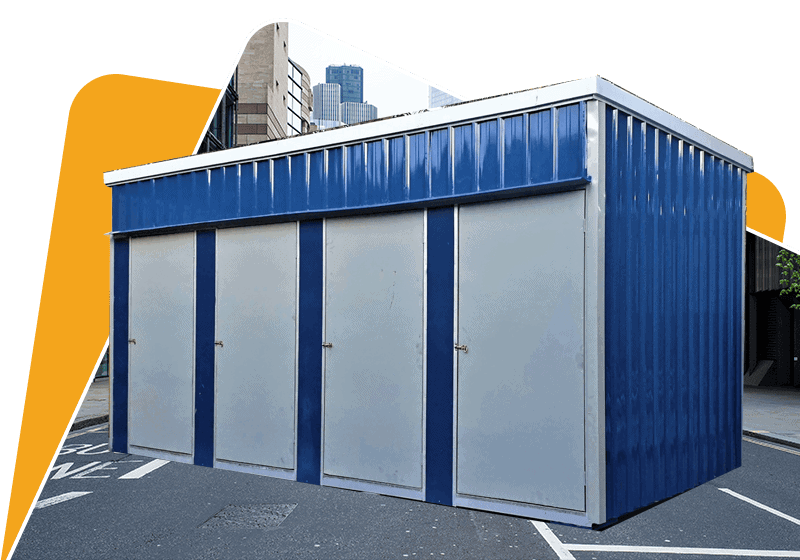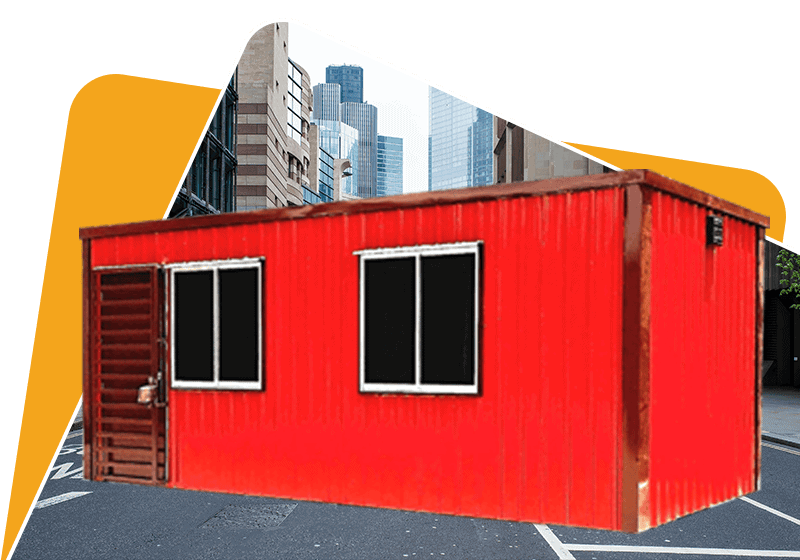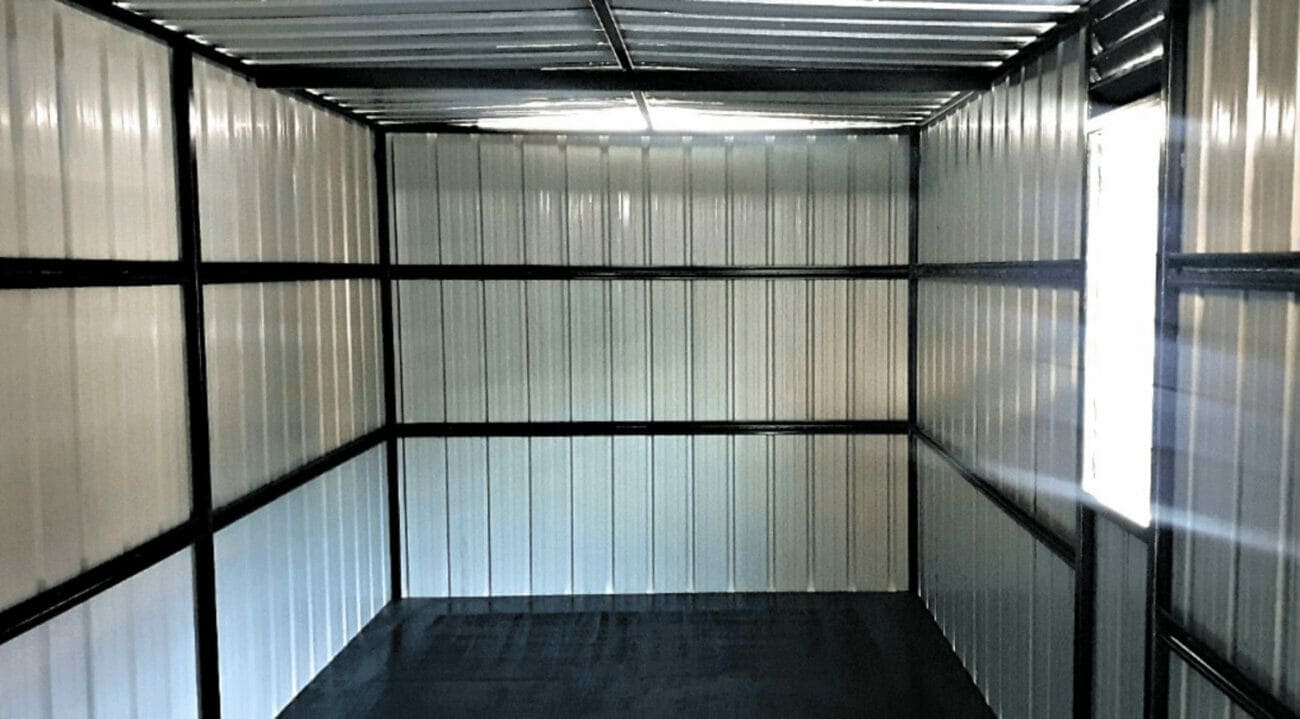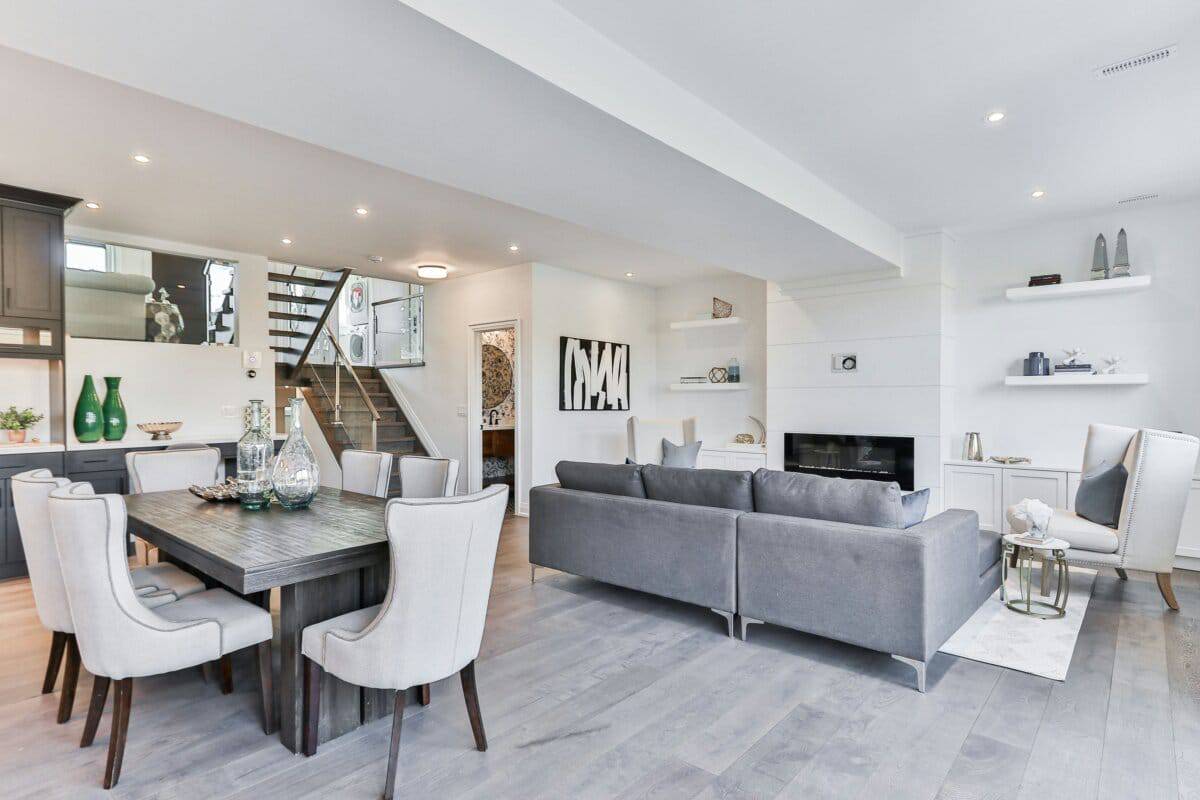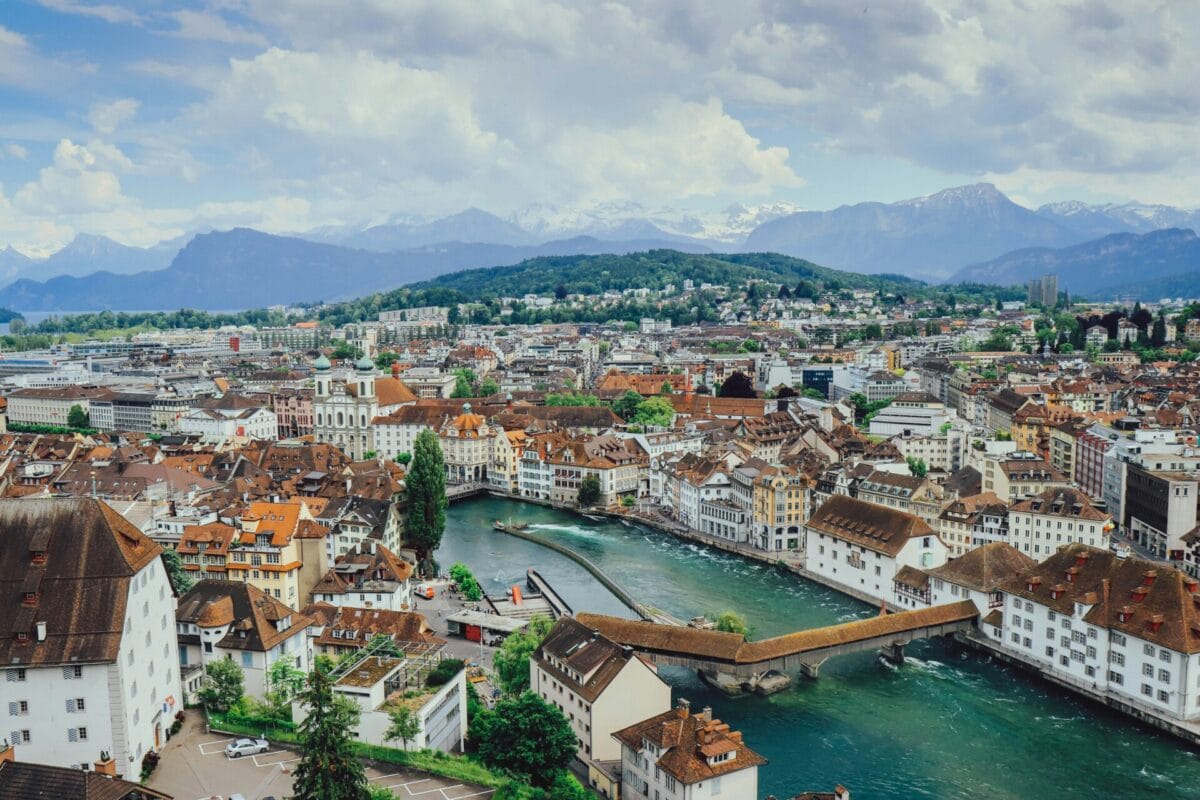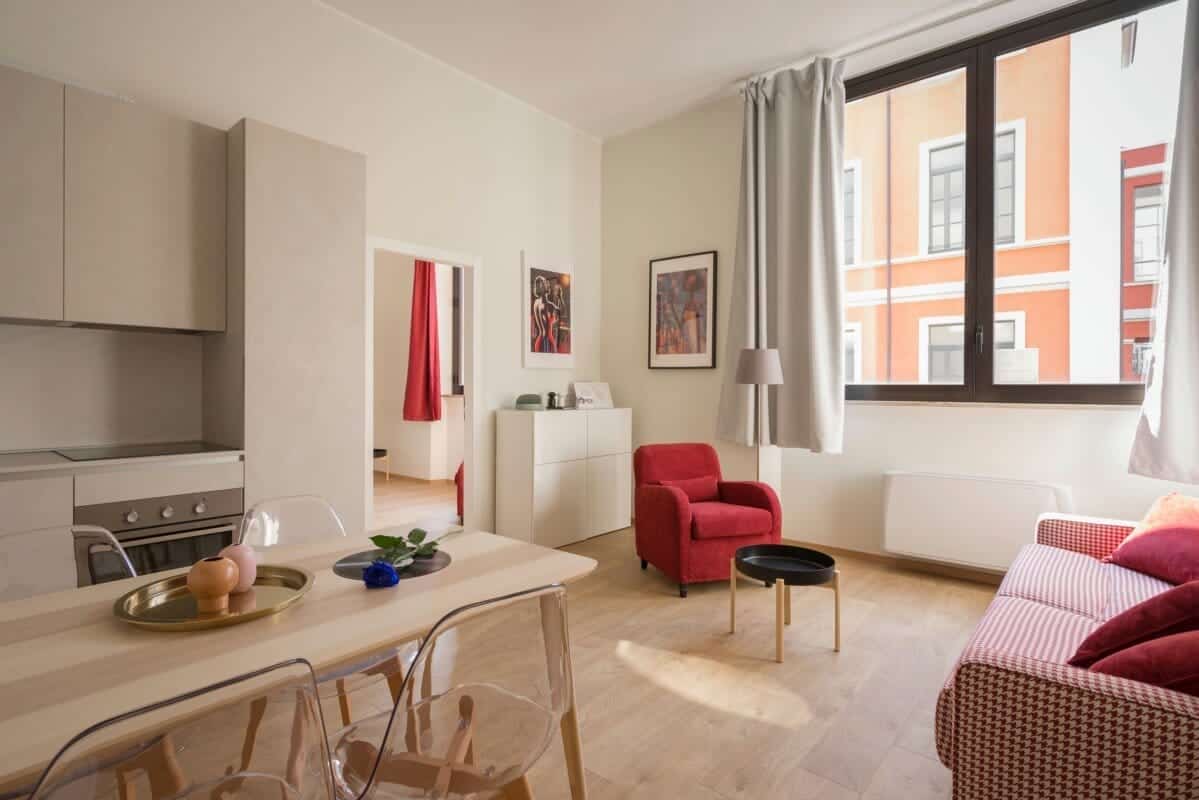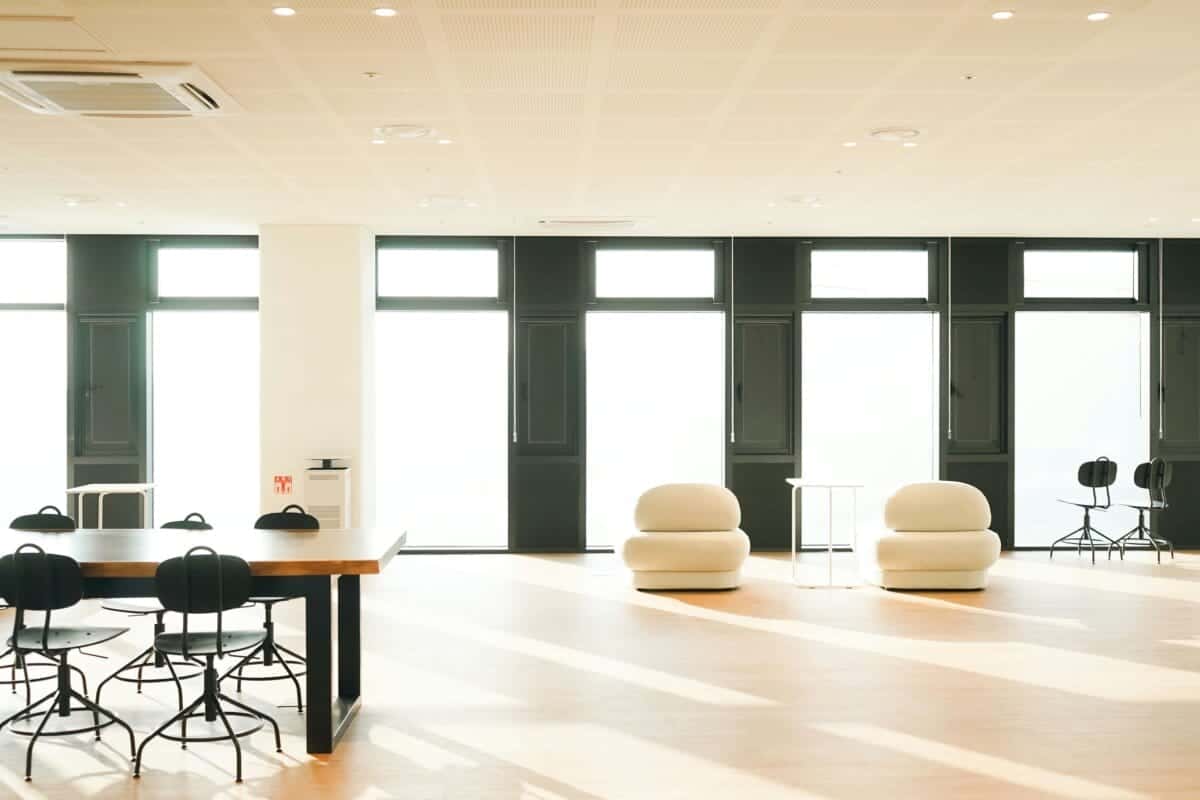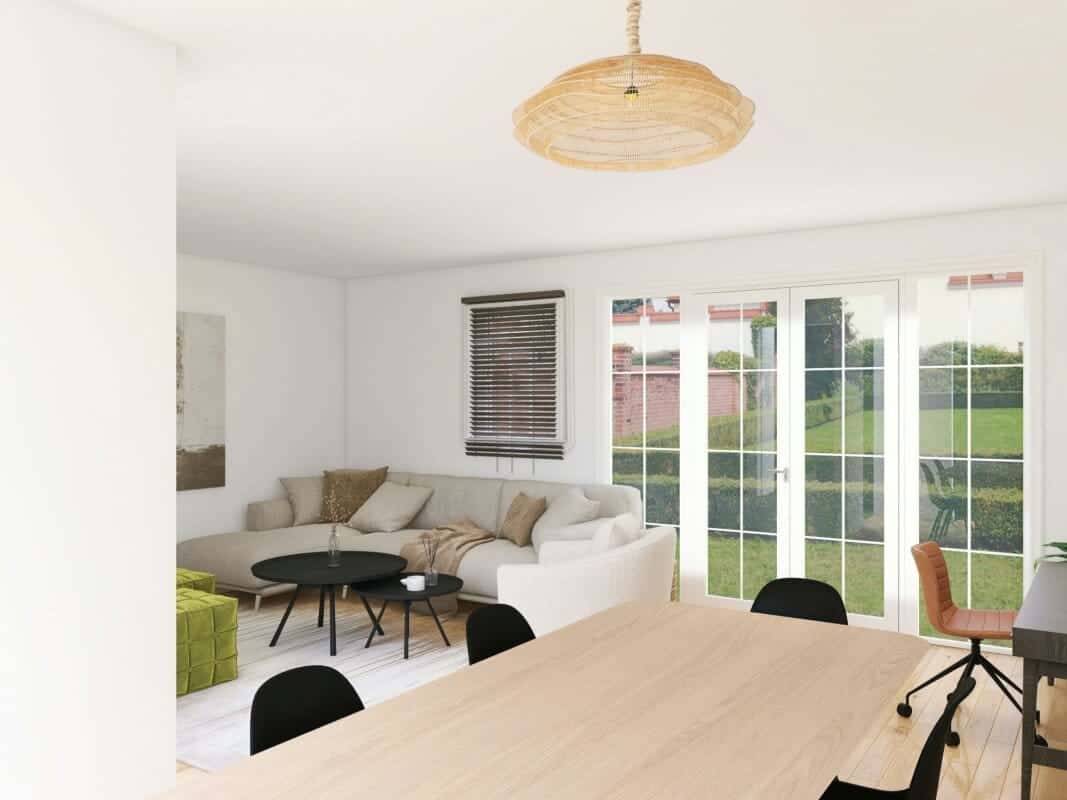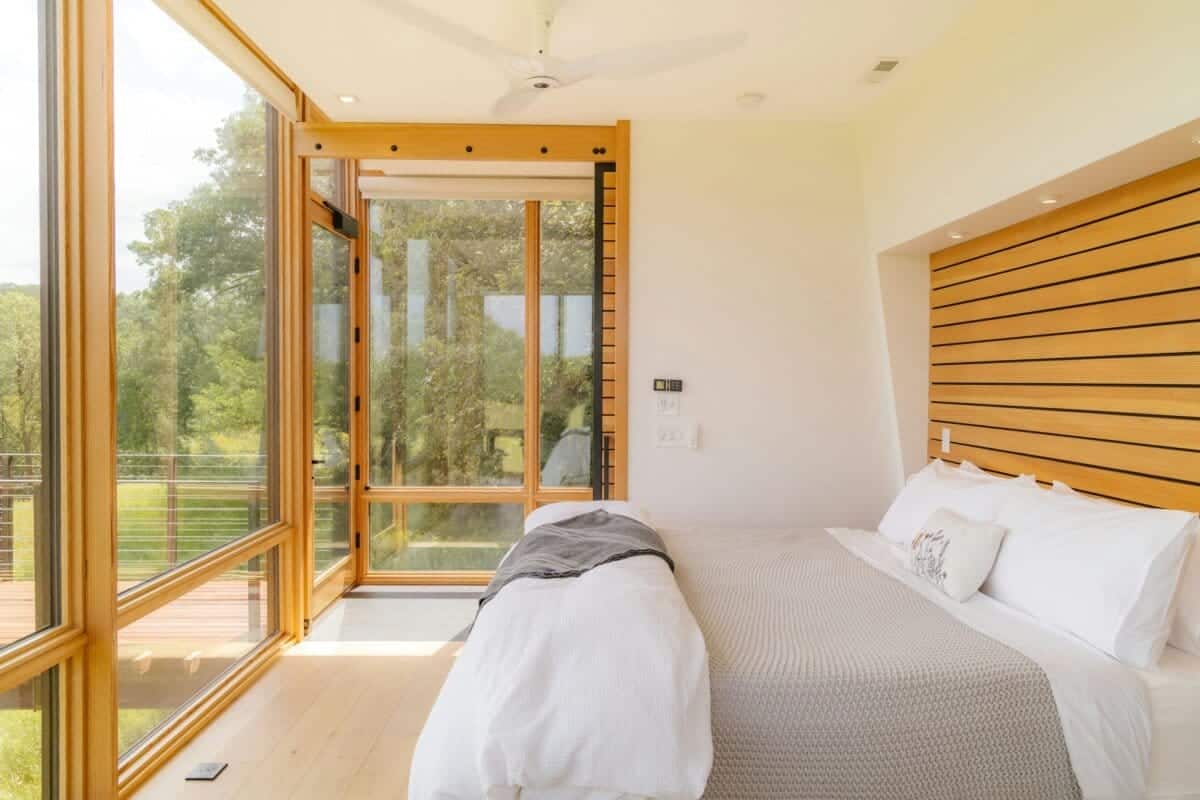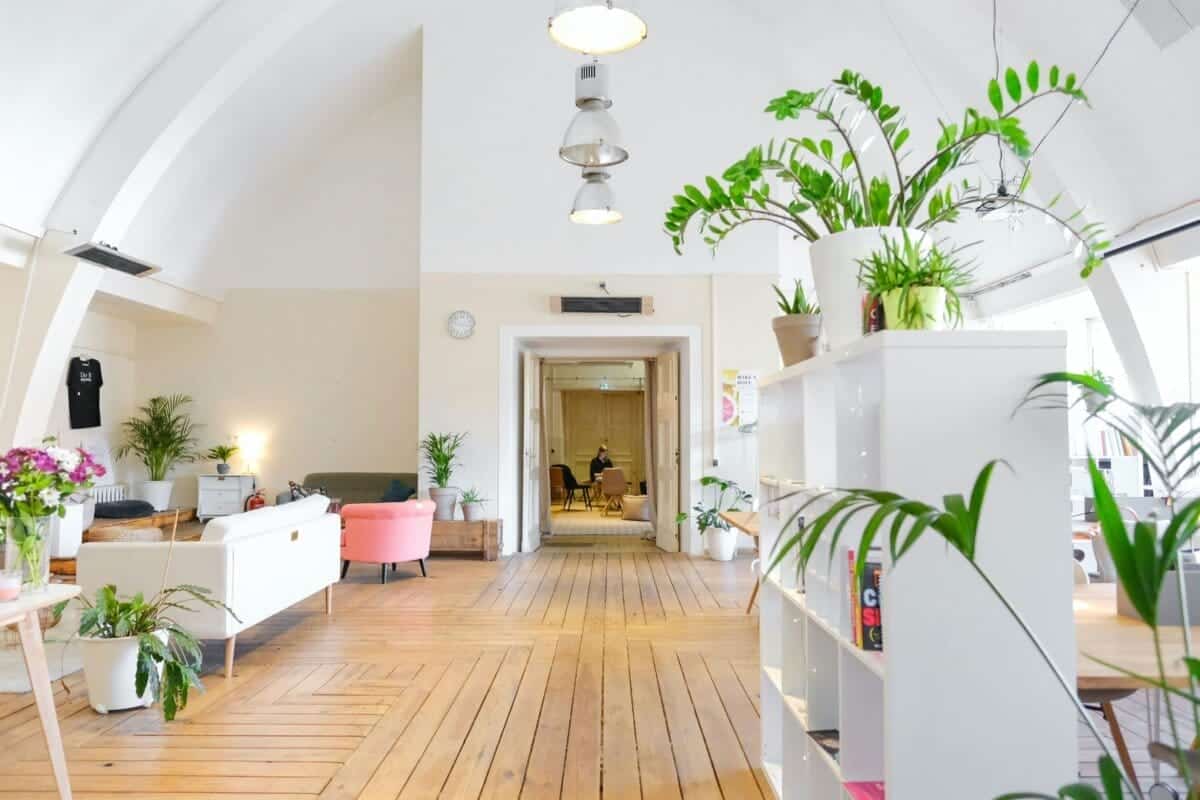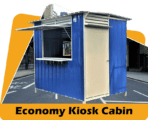
Blog
The Modern Way of Building in Malaysia: IBS Construction Systems

The Modern Way of Building in Malaysia: IBS Construction Systems
- What is IBS construction?
- What are the benefits of using IBS construction in Malaysia?
- What are the different types of IBS systems used in Malaysia?
- How widespread is the adoption of IBS in the Malaysian construction industry?
- What are some notable IBS projects in Malaysia?
- What are the challenges faced in implementing IBS construction in Malaysia?
- How does IBS construction impact productivity and efficiency?
- How does IBS construction reduce waste compared to conventional methods?
- How does the Malaysian government support and regulate IBS construction?
- What is the future outlook for IBS construction in Malaysia?
What is IBS construction?
IBS, or Industrialised Building System, is a modern construction technique whereby building components are manufactured in a controlled factory environment and then transported to the construction site for assembly into a structure. IBS aims to improve the quality, productivity, safety and waste reduction in the construction industry.
In IBS construction, the building components such as columns, beams, slabs, walls and staircases are prefabricated to a high degree of accuracy in accordance with design specifications. The manufacturing takes place under strict quality control at an off-site facility using industrial production techniques like moulding, extrusion, casting etc.
The prefabricated components are then delivered to the construction site for installation. Minimal additional work is required at site except for joining and assembling the components together. IBS utilizes standardized building designs, modular coordination, and dimensional accuracy to allow easy assembly.
The main characteristics of IBS construction are:
- Components are manufactured in a controlled factory setting following precise engineering design. This ensures better quality control compared to conventional cast in-situ methods.
- Higher degree of prefabrication where components are manufactured ready for installation on site. This reduces construction time and improves productivity.
- Components are standardized and modular in dimensions. This allows flexibility in design and ease of assembly.
- Minimal wet trades needed on site like bricklaying, plastering etc. Most of the messy work happens at the factory.
- Preassembled components allow faster construction time and earlier occupancy.
- Better construction waste management since prefabrication results in fewer raw materials wasted.
- Safer construction site due to reduction of scaffolding, overhead work, material hoisting etc.
The common IBS systems used in Malaysia include:
- Precast Concrete Framing, Panel and Box Systems
- Steel Framing Systems
- Prefabricated Timber Framing Systems
- Blockwork Systems
- Prefabricated Bathroom/Toilet Units
- Others like ferrocement panels, EPS panels etc.
IBS provides an improved alternative to conventional construction methods in Malaysia by offering better quality, productivity, waste reduction and safety. The controlled factory environment allows for efficient, optimized and sustainable construction practices.
What are the benefits of using IBS construction in Malaysia?
The adoption of Industrialised Building Systems (IBS) in the Malaysian construction industry brings numerous benefits compared to conventional building methods. Here are some of the key advantages:
Faster Construction Time
- With prefabricated components like walls, floors slabs, stairs etc manufactured offsite in factories, construction time on site is greatly reduced. This allows for faster project completion and earlier occupancy.
-Components are manufactured concurrently with site preparation works, reducing total construction schedule.
-Minimal wet trades work needed on site further shortens construction time.
Better Quality Control
- Manufacturing in controlled factory environment ensures stringent adherence to design specifications, dimensional accuracy and material quality as opposed to on-site construction.
-Standardization of processes and automation improves consistency in production.
-Defects are rectified at factory level before installation on site. This enhances overall build quality.
Improved Site Productivity
-Prefabricated components reduce on-site installation time and labour requirements as most tedious tasks are completed off-site.
-Easier installation with minimal skill level needed results in higher productivity.
-Tidier construction site with fewer material stockpiles and neater workflow improves site productivity.
-Lower risk of delays due to weather conditions.
Enhanced Construction Safety
- Fabrication at ground-level factories reduces the need for high-rise structural work, enhancing construction safety.
- Preassembly means reduced building elements to be installed on site, lowering safety risks.
- Well organized site layout with preplanned delivery sequence reduces safety hazards.
- Overall safer working conditions increase workforce morale and productivity.
Cost Savings
- Faster completion time means earlier occupancy and revenue generation for developers.
- Wastage reduction from prefabrication lowers material costs.
- Minimal storage space required onsite further reduces costs.
- Does not require highly skilled workers, resulting in lower labour costs.
- Lower maintenance costs due to better quality control and finishes.
Sustainable Construction
- Prefabrication generates less construction waste and allows better recycling of materials.
- More efficient material usage and waste management benefits the environment.
- Controlled factory conditions reduce pollution and disturbances to surroundings.
- Overall reduced carbon footprint compared to conventional methods.
Other Benefits:
- Allows for a more diverse range of design options and customizations.
- Ease of expansion or reconfiguration of buildings in future.
- Offers resilience against weather uncertainties and minimizes delays.
- Promotes a more technologically driven construction sector.
The multitude of benefits offered by IBS makes it the preferred construction approach for the future. It is imperative that the industry moves towards adopting IBS to leverage its advantages.
What are the different types of IBS systems used in Malaysia?
Industrialized Building Systems (IBS) encompass a range of construction techniques that utilize prefabricated components for building and infrastructure works. There are several IBS solutions that have been implemented for projects across Malaysia:
Precast Concrete Framing, Panel and Box Systems
This includes precast columns, beams, floor slabs, walls and 3-dimensional building modules prefabricated from reinforced concrete. Some examples are:
- Precast column and beam systems for the structural frame.
- Hollowcore planks and half slabs for floors and roofs.
- Wall panels for partitions and external walls.
- Monolithic box systems for bathroom, lift shafts, staircases etc.
The precast elements are transported to site and erected with connections to form the structural framework. This provides speedy construction and superior finish compared to in-situ casting.
Steel Framing Systems
Steel components like columns, beams, trusses are pre-fabricated in factories using welding and cutting processes. The frameworks are bolted or welded on site to provide steel structures. Examples include:
- Lightweight steel frames for low-rise residences and industrial buildings.
- Composite steel decking system for long span structures.
- Steel roof truss systems to support roofs.
- Prefabricated steel reinforcement cages for high-rise constructions.
Steel offers strength, ductility, durability and flexibility for use in IBS projects. The lightweight nature allows easy transport and installation.
Prefabricated Timber Framing Systems
Stud wall frames, timber roof trusses, doors and windows are pre-assembled from engineered wood products and brought to site for installation. This is a quick and eco-friendly construction technique. Some examples:
- Timber wall frames filled with insulation and cladding like plywood.
- Roof trusses assembled from timber chords and web members.
- Prefabricated timber flooring system using wooden joists.
Blockwork Systems
Interlocking concrete masonry units like blocks, bricks, pavers are made in modular dimensions for easy laying without mortar. Some examples are:
- Interlocking Concrete Masonry Units for walls and partitions.
- Interlocking bricks for architectural façade walls.
- Concrete Pavers for lightweight concrete flooring system.
They provide simplicity and speed of construction without compromising strength.
Prefabricated Bathroom/Toilet Units
Complete bathroom and toilet units are pre-assembled in factory and then installed on site. It includes prefabricated:
- Bathroom pods with flooring, walls, doors, sanitaryware, fittings etc.
- Toilet cubicle partitions and urinal systems.
This plug-and-play system drastically reduces the wet trades work needed on site.
Other Proprietary IBS Systems
Many proprietary systems have emerged like EPS panel system, aluminum formwork system, ferrocement panel system etc. that cater for specialized needs. These utilize customized production moulds, connectors and equipment.
The wide range of IBS solutions offer flexibility to apply the most appropriate system based on project requirements like function, speed, cost, sustainability needs etc. IBS has become instrumental in fast-tracking modern construction needs in Malaysia.
How widespread is the adoption of IBS in the Malaysian construction industry?
The use of Industrialised Building Systems (IBS) has been steadily gaining popularity in Malaysia over the past decade. However, mainstream adoption across the local construction industry has been gradual.
Government Initiatives
- IBS Roadmap 2003-2010 introduced by the government aimed for 50% of construction projects in Malaysia to utilize IBS.
- IBS Strategic Plan 2015-2020 looked to make IBS the preferred construction method for public projects.
- Government agencies like CIDB have been actively driving IBS adoption by developers, contractors and manufacturers.
IBS Usage in Public Sector Projects
- As of 2013, IBS usage in public projects stood at only 15%, below the initial 50% target.
- The Public Works Department Malaysia made the use of IBS compulsory for new projects above RM10 million from 2008 onwards.
- Government projects like universities, hospitals, schools, police stations, customs complexes etc have seen rising IBS adoption.
IBS Usage in Private Sector Projects
- Private sector adoption has been slower compared to public projects.
- As of 2014, usage in private residential projects was around 20-25%.
- Private non-residential projects had relatively higher usage of 40-50% during the same period.
- Larger private developers have shown positive uptake driven by the benefits while SME developers have been slow adopters.
Share of IBS in Overall Construction
- Current estimates indicate about 25-35% of construction projects in Malaysia across both public and private sectors utilize some form of IBS.
- This falls short of the ambitious 50% target earlier set by the government.
- Nonetheless, the uptrend in adoption remains positive.
Growth Prospects
- Government support, promotion of technology and skills training in IBS are expected to further accelerate adoption.
- Wider awareness of IBS benefits over conventional methods will propel greater usage.
- Mandating IBS for all large-scale public projects can be a driver for extensive industry adoption.
- Leveraging global technologies and expertise can boost the role of IBS in Malaysian construction.
In summary, IBS usage in Malaysia remains moderate but growing as stakeholders acknowledge its advantages. Concerted efforts by all industry players will be vital to maximize the implementation of IBS towards modernizing the local construction sector.
What are some notable IBS projects in Malaysia?
Many prominent projects across Malaysia have adopted Industrialized Building Systems (IBS) showcasing its successful implementation. Here are some of the major projects:
Residential Projects
- Seri Austin Condominium, Johor – Precast concrete wall system for a high-rise residential project completed in 2012.
- TTDI Alam Impian Condominiums, Kuala Lumpur – Utilized precast wall panels, slabs and box units by developer Mah Sing Group.
- Bandar Tasik Puteri, Rawang – A township development by Sime Darby using precast concrete frames and wall panels.
- Bukit Sentosa Condominiums, Penang – Prefabricated bathroom units installed in this high-end condo project.
Commercial Projects
- Menara TM, Kuala Lumpur – Features precast wall system and steel roof truss system.
- Suria KLCC Shopping Centre, Kuala Lumpur – Cast in-situ post tensioned beams were combined with precast elements.
- Platinum Sentral Office Tower, KL Sentral – The project maximized usage of precast columns, slabs and walls within a tight site.
- CP Tower 1, Penang – Utilized precast columns and slabs for the commercial tower construction.
Institutional & Infrastructure Projects
- MATRADE Exhibition & Convention Centre, Kuala Lumpur – Extensive use of precast columns, beams and hollowcore planks in this landmark project.
- UiTM Campus Expansion, Shah Alam – Precast elements for academic blocks, hostels and facilities to accelerate construction.
- PPA1M Housing Programme – Extensive use of prefabricated components for mass public housing programme across Malaysia.
- KLIA2 Terminal & Runway, Sepang – Prefabricated systems including precast tunnel segments and airline support facilities.
- Penang Bridge – Steel truss roof systems and precast segments were used in its construction.
These projects testify to the viability of IBS for fast-track, large-scale construction needs while delivering quality and productivity. The benefits demonstrated will pave the way for greater adoption nationwide.
What are the challenges faced in implementing IBS construction in Malaysia?
Despite the multitude of benefits offered, the adoption of Industrialized Building Systems (IBS) in Malaysia faces some key challenges:
High Initial Investment Costs
- Significant capital investment needed to set up automated machinery, moulds and casting beds for component prefabrication.
- Manufacturers’ capacity to fund large investments in technology and skilled manpower may be limited.
- Developers also reluctant to bear higher initial construction costs.
Lack of Comprehensive Supply Chain
- Malaysia yet to achieve fully integrated end-to-end IBS material supplies, manufacturing, logistics and services.
- Over-reliance on imported proprietary systems like from Europe, Korea etc.
- Local vendors & services for critical IBS activities like design, fabrication, lifting/handling equipment are still lacking.
Insufficient Skills and Knowledge
- Industry players used to conventional construction methods lack design, technical and managerial skills for IBS.
- Shortage of technical workforce specially trained in IBS processes.
- Stakeholders unaware of latest IBS technologies, benefits and adoption techniques.
- Resistance from construction workforce anxious about possible job losses from mechanization.
Challenges in Transportation Logistics
- Road restrictions, bridge capacities etc hamper transportation of large prefabricated components to project sites.
- Limited availability of specialized vehicles and equipment for lifting/handling.
- Additional costs involved for transportation and logistics.
Limitations in Design Flexibility
- Designs need to be suited for standardization and modularization, requiring change in conventional mindset.
- Accommodating late design changes can be difficult and expensive.
- Designers need to adapt from traditional practices to tokenize design for IBS.
Quality Concerns
- Poor workmanship, inadequate curing and damage during transport can affect quality of prefabricated components.
- Quality supervision is critical but personnel lack exposure to IBS processes.
- Meeting specifications like structural integrity, durability etc need close monitoring.
Addressing these barriers through appropriate strategies and government support will be key towards unlocking the immense potential of IBS in transforming Malaysian construction.
How does IBS construction impact productivity and efficiency?
The use of Industrialised Building Systems (IBS) in construction projects significantly enhances productivity and efficiency through the following aspects:
Faster Construction Time
- Prefabricated components like structural frames, floor slabs, walls and fittings reduce installation time on site by up to 50% or more.
- Concurrent prefabrication activities off-site while site works are ongoing. This reduces overall project schedule.
- Savings of up to 3-4 months on construction duration achievable using IBS.
Optimized Use of Labour
- Labour resources can be effectively distributed between off-site prefabrication and on-site assembly.
- Semi-skilled workers suffice for installation of standardized components.
- Better site workflow minimizes waiting time and allows optimal utilization of workforce.
- Overall manpower savings of 25-40% achievable.
Lower Equipment Requirements
- Bulk of material handling and fabrication work done at factory level.
- Reduction in scaffolding, formwork, material hoisting and other temporary works needed.
- Only basic tools and machinery needed for assembly on site.
Improved Construction Safety
- Safer working conditions from reduced height and hazards on site.
- Well planned logistics and organized site layout prevent accidents.
- Less risks from lifting/hoisting heavy materials.
- Better safety track record improves overall productivity.
Enhanced Build Quality
- Components prefabricated under controlled settings achieve superior finish with no defects.
- Precision automated processes gives consistent quality output.
- Quality supervision is easier in factory environment.
- Remedial work needed on site is also minimized.
Reduced Material Wastage
- Optimized material usage due to precision planning, exact measurement and reuse of moulds etc.
- Better inventory control and coordination with suppliers to prevent over-ordering.
- Well managed scrap and recyclable materials further minimize wastages.
Other Benefits
- Earlier project completion allows earlier return on investment.
- Flexibility to scale operations based on demand fluctuations.
- Adoption of lean manufacturing techniques enhances productivity.
- Provides impetus to develop skilled workforce and expertise in modern methods.
- Creates positive perception and brand value for developers using IBS.
Project Examples
The productivity impact of IBS has been demonstrated in projects like:
- UiTM Campus Expansion, Shah Alam – The use of IBS helped accelerate construction of this mammoth project involving multiple blocks and facilities.
- KLIA 2 Airport Terminal – IBS utilization reduced the terminal construction duration and provided cost savings of at least 15%.
- MATRADE Exhibition Centre – The project team testified IBS enabled faster completion by 40% compared to traditional construction.
The Future
As stakeholders gain experience with IBS technologies, productivity and efficiency enhancements are expected to improve further. With strong government support and industry collaboration, Malaysia is poised to maximize the many benefits IBS offers and catalyze greater innovations in this sector.
How does IBS construction reduce waste compared to conventional methods?
Adopting Industrialised Building Systems (IBS) can significantly minimize construction waste generated compared to traditional building methods due to the following reasons:
Precision Prefabrication
- Components like walls, beams, slabs are prefabricated based on design specifications with exact measurements.
- This avoids over-ordering of materials and cutting/alterations required onsite.
- Overall material purchasing wastage reduced by up to 30%.
Standardized Modular Sizes
- Components prefabricated in standardized sizes for assembly like lego blocks.
- This prevents wastage from size mismatches andRectification.
- Optimizes material usage with design modularization.
Reuse of Moulds and Formwork
- Moulds, jigs and formwork are reused for replicating components like façade walls, beams etc.
- One-time investment in moulds avoids wastage from disposable framework.
- Provides consistent quality output with reuse.
Just-in-Time Material Delivery
- Components prefabricated based on planned production schedule matching installation.
- Raw materials delivered only when needed to factory and site.
- Eliminates wastage from damage/decay of stored material.
- Reduces holding and inventory costs.
Automated Production Processes
- Automated manufacturing like robotic welding, cutting, handling etc minimize process waste.
- Achieves upto 20% raw material savings over manual production.
- Scrap materials can be reused or recycled effectively.
Controlled Factory Conditions
- Protection from weather elements prevents material damage or rejection.
- Achieves over 50% reduction in wastage compared to wet construction.
- Good lighting, access and housekeeping in factory prevents waste.
Specialized Handling and Transport
- Components packed and secured meticulously to prevent damage enroute to site.
- Packing materials can be reused.
- Use of proper lifting equipment prevents mishandling damage.
Disciplined Installation
- Just-in-time installation schedule prevents stockpiling on site.
- Workers trained to handle components carefully.
- Immediate rectification of defects unlike conventional builds.
- Avoiding rework on completed elements.
Other Benefits
- Lesser site debris, cleaner area improves material salvage/reuse.
- Detailed waste monitoring helps optimize reduction initiatives.
- Achieves sustainability credits for projects.
In summary, IBS allows greater construction efficiency, material optimization and waste minimization to achieve overall smarter resource utilization in the construction process.
How does the Malaysian government support and regulate IBS construction?
The Malaysian government has undertaken various initiatives to promote adoption of Industrialized Building Systems (IBS) in local construction projects.
Legislation & Standards
- Government tender requires minimum IBS score for projects exceeding RM10 million.
- Code of Practice for IBS provides comprehensive standards and guidelines.
- MS 1064: Code of Practice onOffsite Manufactured Building (IBS) provides technical guidance.
- MS 2664 – IBS Prefabricated Concrete Building Construction provides specifications.
CIDB Initiatives
- CIDB (Construction Industry Development Board) actively promotes IBS adoption through workshops, seminars, publications.
- Developed CAMERIC – IBS Assessment System for systematic IBS appraisal in projects.
- MOU with IBS associations to collaborate on training, testing, R&D and knowledge transfer.
- Encourages foreign IBS companies to invest locally.
Government Projects
- Mandates use of IBS for public projects valued above RM10 million.
- Government agencies like PR1MA Corporation champion IBS for mass housing projects.
- All government projects must achieve minimum 50 IBS points under CIDB’s IBS assessment.
Funding & Grants
- Provides grants for R&D in IBS via METRIC (MyIbs Technology Review and Innovation Competition).
- Subsidies for companies investing in IBS technology and factory setup under Industrial Building Systems Fund.
- Low interest loans via IBS Promotion Fund for project developers utilizing IBS.
Testing & Certification
- IBS components tested for structural integrity, safety, durability at PERMATApintar laboratories.
- Certification audits on IBS factories’ production capability, processes and quality compliance.
- Ensures imported IBS systems meet Malaysian standards before project use.
Training & Skills Development
- Lembaga Pembangunan Industri Pembinaan (CIDB) conducts skills certification programmes for IBS practices.
- Collaboration with agencies like NCIA to develop skilled IBS workforce.
- Endorses academic programmes specializing in IBS/ Offsite construction at local universities.
Research
- Provides research grants for IBS development and process improvements like robotics application, green IBS etc.
- Development of IBS Roadmap 2021-2025 to shape future policy and construction transformation.
- Cost-benefit studies to quantify IBS potential for productivity, waste reduction etc.
The comprehensive initiatives by government will be key to unlock IBS benefits through wider industry adoption, enabling Malaysia to achieve modern, sustainable and high productivity construction practices.
What is the future outlook for IBS construction in Malaysia?
The adoption of Industrialized Building Systems (IBS) in Malaysia is poised for robust growth in the coming decade driven by several positive factors:
Government Support
- Continuing strong policy support and mandates to promote IBS for public projects based on benefits realized.
- More project developers and contractors getting onboard as government leads by example.
Industry Collaboration
- Formation of IBS associations and interest groups to spearhead use through engagements and demonstrated solutions.
- Partnerships between contractors, manufacturers and technology providers to offer complete IBS package.
Technology Advancements
- Integration of digital tools like BIM, automation and robotics to transform design, prefabrication and installation processes enabling faster and higher quality IBS adoption.
- Innovations like self-cleaning concrete, industrialized tunnel formwork, augmented robot welding etc will open new possibilities.
Cost Competitiveness
- Higher economies of scale as demand rises and better optimization of prefab processes will improve cost competitiveness against conventional methods.
Sustainability Driver
- Growing demand for greener, low carbon construction solutions will drive greater IBS uptake for its sustainability edge.
- Being recognized as a carbon efficient method will boost IBS attractiveness.
Foreign Investments
- Influx of established foreign IBS technologies and solutions from Europe, Japan, Australia etc. will accelerate local capability and maturity.
- Foreign players partnering local manufacturers will enable technology and skills transfer while also creating export opportunities.
- The positive growth drivers will allow IBS to achieve targeted adoption of 70% for projects in Malaysia by 2025.
- With better cost competitiveness, IBS share in overall construction industry is projected to reach 50% by 2030.
The future holds enormous potential for IBS to transform into a mainstream construction practice as stakeholders jointly elevate quality, productivity and sustainability of the built environment.
Key Takeaways
- IBS or Industrialized Building System allows prefabricated components to be manufactured in a controlled factory setting before site installation.
- Key benefits include faster construction, superior quality, enhanced site productivity and safety, cost and waste savings.
- Wide range of IBS systems catering for different structural,spatial needs including precast concrete, steel, timber and blockwork systems.
- IBS adoption is gradually rising in Malaysia but yet to reach targeted 50% due to various challenges faced by stakeholders.
- Notable IBS projects successfully completed include residential properties, commercial buildings, infrastructure etc.
- Productivity and efficiency see significant improvements from controlled prefab processes, better site management.
- Waste reduction is achieved through design optimization, reuse of moulds, disciplined fabrication and logistics.
- Government plays a key role via policies, funding, R&D support and industry collaboration platforms to drive IBS adoption.
- Future outlook remains positive, with IBS projected to achieve up to 50% share of construction industry moving forward.
Conclusion
- IBS has demonstrated its advantages but mainstream adoption in Malaysia is still work-in-progress.
- Realizing the full potential of IBS requires concerted efforts by all stakeholders – government, industry, academia and technology partners.
- The construction industry needs to embrace IBS by investing in capabilities, capacities, skills and mindset changes.
- Forward-looking policies, incentives and collaborations will be vital to providing an enabling environment.
- As stakeholders ramp up adoption, the transformative impact of IBS on quality, productivity, safety and sustainability of construction in Malaysia will be significantly elevated.
Kontraktor Rumah Kabin
Rumah Kabin Murah
Rumah Kontena Vs Rumah Kabin
Rumah Kabin Pasang Siap
Senarai Harga Kabin di Malaysia
Heavy Duty Cabin
Light Duty Cabin
